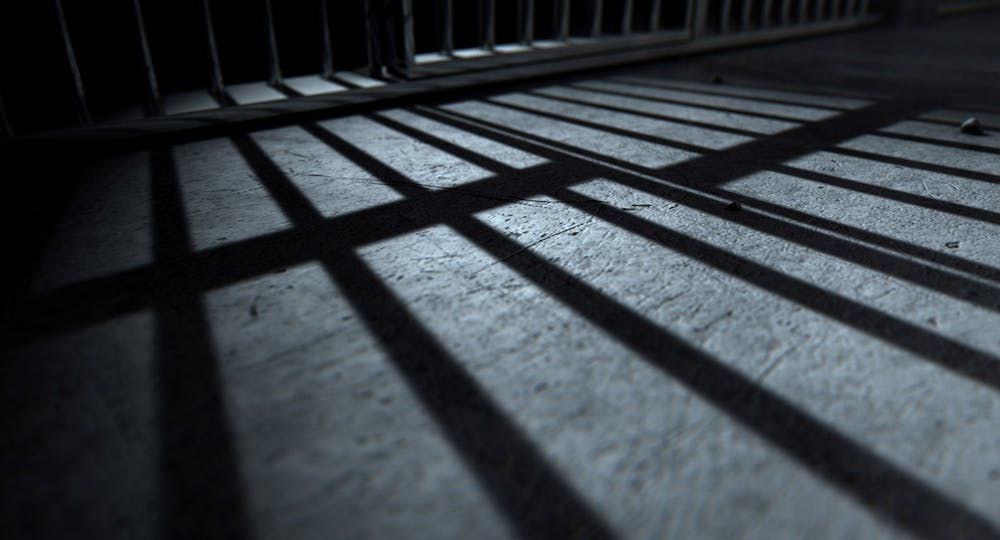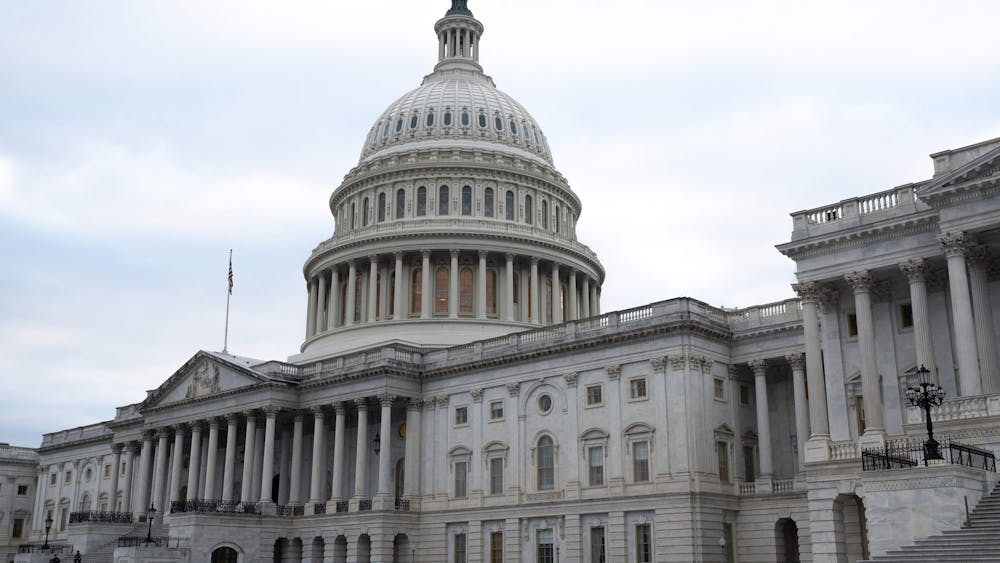This year’s rate of federal executions is historically unprecedented. July 2020 marked the first federal execution since 2003, and prior to that, only three people had been executed by the federal government in the past 50 years. Eight people have been executed in the past five months, making 2020 the first year since the end of World War II that the federal government executed more than five civilians.
After President Donald Trump lost the election, that pace accelerated. If all scheduled executions occur, 13 people will have been executed under the Trump administration, all at the U.S. Penitentiary at Terre Haute. Six will have taken place since President-elect Joe Biden won the election, with some set to occur just days before he is sworn in. These will be the first executions during a lame duck period since 1889.
Trump has been a vocal proponent of the death penalty for decades. His administration has presided over the deadliest months of federal executions in nearly a century under the direction of Attorney General William Barr. The federal government resumed executions of death row inmates in July 2020, leading to the first execution in nearly twenty years.
Supreme Court Justice Amy Coney Barrett, who spent much of her adult life in Indiana, voted with the majority on Nov. 19 to allow the execution of Orlando Hall. Hall was executed the night of the decision for the rape and murder of a Texas teenager in 1994.
A demonstration against the death penalty took place at People’s Park last week. The demonstrators specifically protested Billie Allen’s sentence. Allen, who is incarcerated at the Terre Haute Penitentiary for a crime which available evidence suggests he did not commit, does not have an execution date set. However, his friends and family worry his date could be announced next, and some of Allen’s close friends have been executed.
Over the phone at the demonstration, Allen said, “I’ve been wondering why no one seems to listen. Just knowing you all are here to support me means the world to me.”
Brandon Bernard is set to be executed Thursday, even as jurors and former prosecutors say he should not be. Bernard, a Black man who was 18 at the time of his offense, was sentenced in Texas by 11 white jurors, and his counsel did not contest the evidence or provide witnesses. He was an accomplice to a gang-related murder and at the bottom of the gang’s hierarchy, which are key reasons the jurors and former prosecutors oppose his execution.
Bernard’s family can only afford to visit him once a year, and they have traveled to Indiana for his execution date. Families of death row inmates only get 20 days notice before their loved ones are executed.
“He has demonstrated positive behavior throughout his 20 years of incarceration, even reaching out to others and counseling them not to follow in his path,” a statement from his family reads.
The U.S. Constitution prohibits the execution of individuals who are intellectually disabled, which advocates say renders the scheduled execution of Lisa Montgomery unconstitutional, due to her severe mental illness. Montgomery was set to be executed Tuesday, but her execution was delayed when two of her attorneys contracted the coronavirus.
In addition to the increase in executions, the Justice Department passed new regulations last week allowing for the use of firing squads and electrocution for federal executions. It remains unclear if they will actually be put to use or why they were enacted.
“I think the rule changes are nothing but calculated heartlessness,” Monica Foster, the chief federal public defender for the southern district of Indiana, said. “I don’t know how barbaric these people really feel like they need to be on their way out.”
The incoming Biden administration has said it will work to stop executions. Even if Biden does not have the Congressional votes to repeal the death penalty, he has the power to select an attorney general who will prevent execution dates from being set and prevent death penalty filings in the first place.
The reason the executions happen in Indiana, just over an hour away from IU-Bloomington’s campus, is somewhat random. When the federal death penalty was reinstated in 1988 after it was overturned in 1972 by Furman v. Georgia, the Bureau of Prisons decided they needed a centralized location for executions. They selected the U.S. Penitentiary in Terre Haute because it already had an execution chamber and it was less expensive to equip and train staff for one execution site.
Foster has clients on death row, and even though none of her clients have execution dates, the others’ execution dates cause them incredible anxiety and sadness.
“Think about if you were living in your dorm, and your government just started randomly picking off people to execute,” Foster said. “That’s what it’s like for the men on death row, people they’ve lived with for decades, that they’ve developed friendships and relationships with, that they’ve grown with.”
When the Department of Justice resumed executions in July, it selected white men to be executed first, a move Foster said was calculated to distract from the fact that Black people are disproportionately affected by the death penalty.
Black people are prosecuted for murder and sentenced to the death penalty at much higher rates than the rest of the population, both in general and in the population of murderers.






